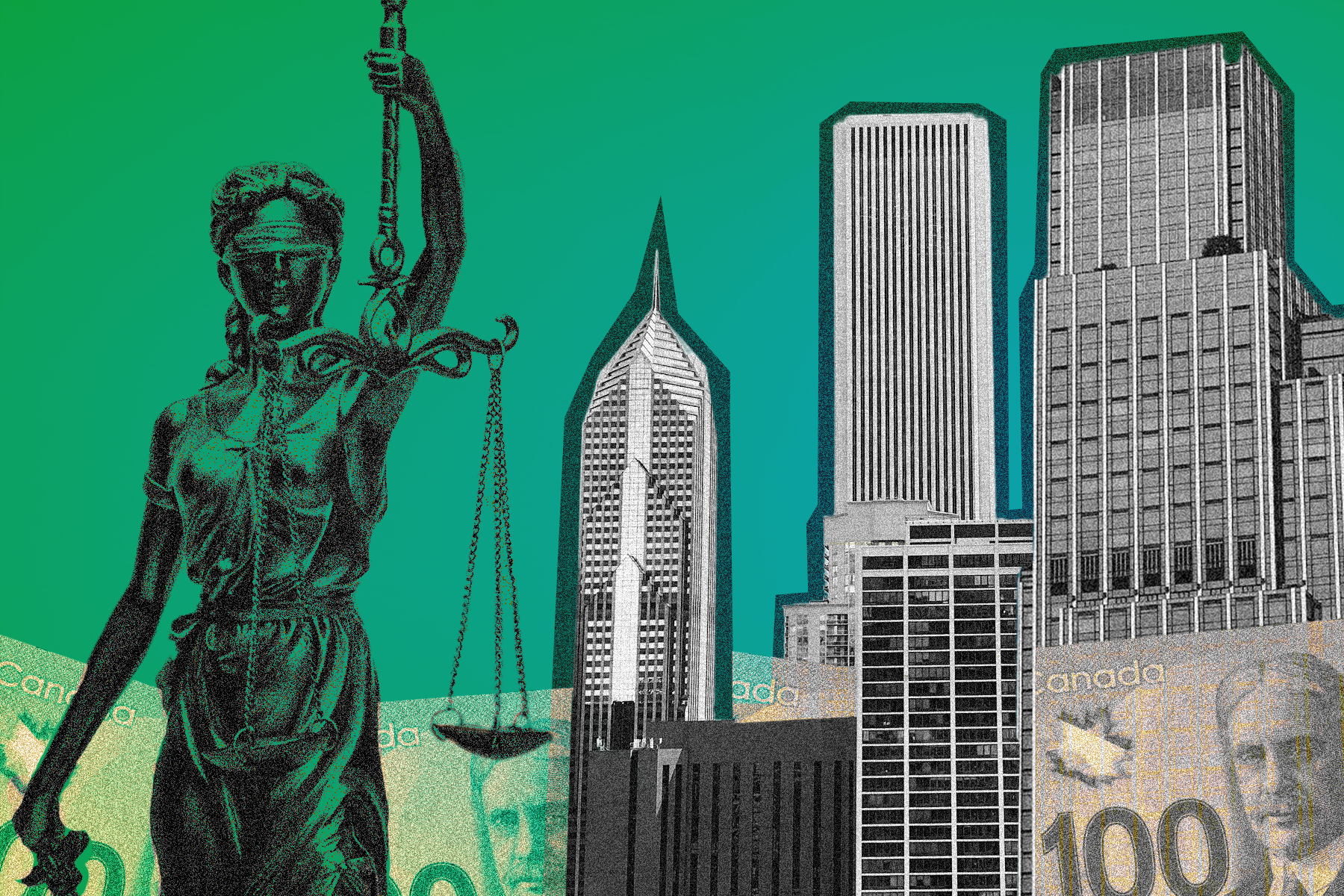
"Canada's Competition Bureau is in an ongoing lawsuit against Rogers, alleging false advertising for their phone plans and claiming the company's "Infinite" plans actually had data speed limits. The school boards, organizing as Schools for Social Media Change, are hoping for damages to the tune of $8 billion from Facebook, Snapchat, Instagram, and TikTok."
"Earlier this year, the BC Supreme Court also certified the province's lawsuit against opioid manufacturers and distributors; it aims to recover the costs of treating opioid-related diseases allegedly caused by the industry."
"These kinds of cases can be so drawn out that it can be difficult to discern whether these legal actions will end in meaningful change that benefits regular citizens."
"Hassan Ahmad teaches corporate accountability at Osgoode Hall Law School and co-authored the forthcoming publication on corporate responsibility in the context of highly influential market players."
In Canada, there is growing tension over the practices of powerful corporations, prompting government agencies to take action against them. The Competition Bureau has launched a lawsuit against Rogers for allegedly misleading advertising regarding their data plans. Concurrently, British Columbia has filed lawsuits against manufacturers of "forever chemicals" and opioid distributors to seek recovery for public health costs. Meanwhile, Ontario school boards are suing social media companies over their design's impacts on youth mental health, seeking $8 billion in damages. These lengthy legal battles raise questions about long-term benefits for the public.
Read at The Walrus
Unable to calculate read time
Collection
[
|
...
]